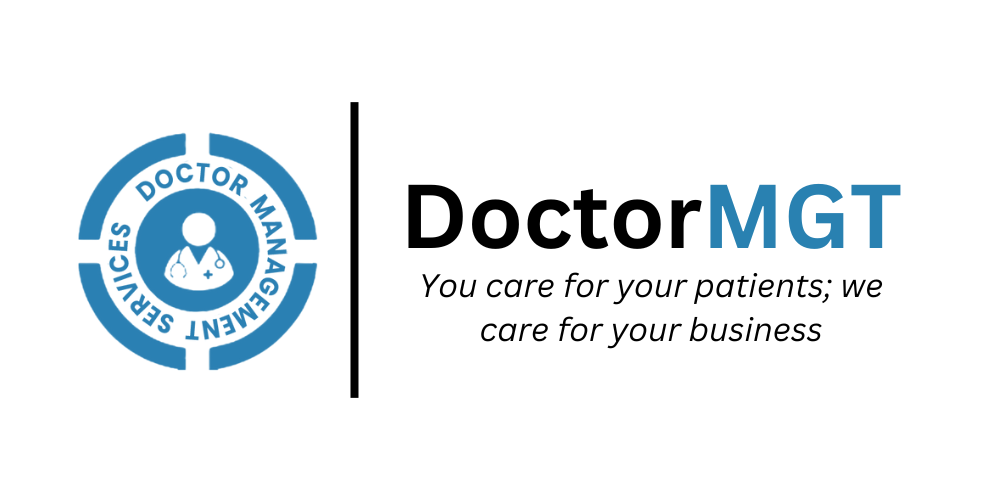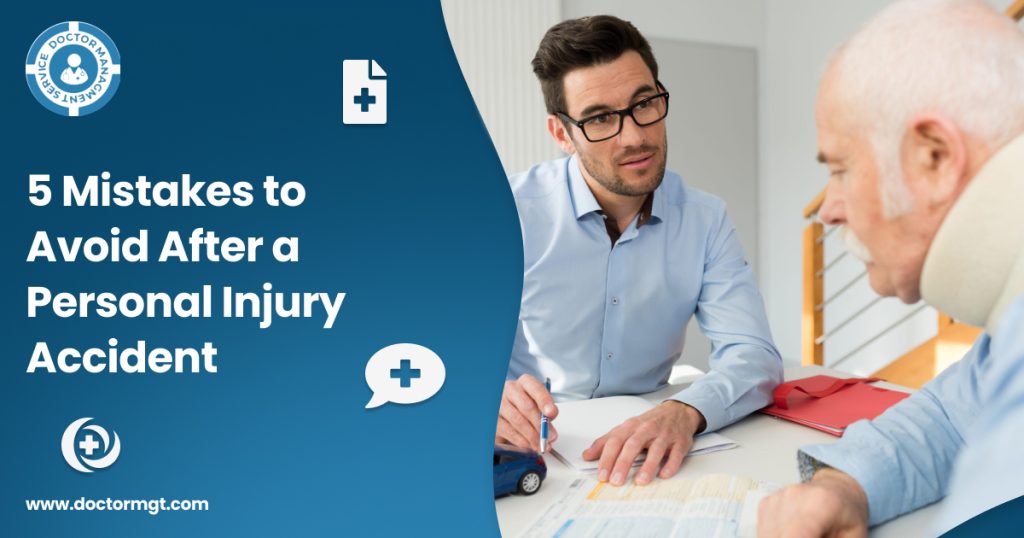On sunny roads in California, there’s plenty of scenery to marvel at, but accidents can happen in a blink, changing a peaceful drive into a jumbled, scary scene. It doesn’t matter if you get into a car crash, slip and fall, or in some other personal injury accident; the aftermath is overwhelming. If you intend to receive compensation for your injuries, then it is really important to take proper steps after an accident.
In California, special laws and rules govern personal injury claims, and if you make or avoid certain common mistakes, it can make or break your case. In this blog, we discuss five mistakes people make after personal injury accidents in California and why these steps are vitally important to your legal and financial recovery. Stay informed when it comes to dealing with minor injuries or something more severe.
1. Delaying Medical Attention
Among the most common mistakes people make after an accident is waiting to seek medical care. You could wake up feeling just fine after the accident because of an adrenaline rush, but some injuries, particularly concussions or internal bleeding, may not present themselves right away. If you are in California and you need immediate medical attention, your health matters most, not least your legal claim.
Why It Matters:
If you are not treated quickly enough, insurance companies may appeal your injuries and say they weren’t serious or caused by the accident. The key to getting your compensation is establishing a medical record directly linking your injuries to the incident. In personal injury cases, medical documentation serves as a primary means of evidence in California courts and insurers.
What to Do Instead:
Check with a healthcare provider as soon as you can, even when you don’t feel sick. There are many urgent care centers, emergency rooms, and walk-in clinics in California. By carrying out this procedure, your injuries will be recorded and, if vital, a treatment plan will be devised.
2. Failing to Gather Evidence
After an accident, you might feel confused or not quite sure of what to do. However, securing the scene and collecting evidence is one of the most important things you can do to build a strong personal injury claim. The aftermath of an accident frequently leads to stress and confusion, causing many to neglect to collect evidence immediately. However, failing to do so can significantly weaken your claim.
Why It Matters:
Personal injury cases often turn on what evidence is available. To strengthen your claim, gather extensive evidence, including images, videos, and statements from witnesses that demonstrate responsibility for the damage and its extent. The more thorough your documentation, the fewer complications you’ll encounter during court proceedings and negotiations with insurers.
What To Do Instead:
Snapping photographs of an accident scene using your phone, including damage to vehicles and property, injuries, and road conditions, can be beneficial. Try to gather any contact information from witnesses and others directly involved in the accident if possible.
3. Admitting Fault
After an accident, it is normal to apologize or try to explain your side of the story. In California, where the legal standard is “pure comparative negligence,” your acknowledgment of fault, even if minor, may result in a reduction of the damages you are eligible to receive.
Why It Matters:
Whatever you say at the scene—whether casually or otherwise—can be used against you later. Even if you just admit fault and say, ‘I’m sorry’ or ‘I didn’t see you,’ insurance companies will use this to reduce the compensation you are entitled to
What To Do Instead:
Collect information, not blame or apologize. Talk to them and then exchange contact information as well as work with the police. When you give a statement, stick to the facts, and let the authorities and your personal injury attorney do the investigating and any legal conversations.
4. Trusting Insurance Companies to Act in Your Best Interest
After an accident, many people believe that insurance companies are on your side. Insurance businesses, in contrast to the role of insurance to cover damages, focus on paying out as little as possible. This is especially true in California, where the state sees a high number of personal injury claims each year, making insurers leery of large settlements.
Why It Matters:
Insurance adjusters are taught to negotiate and negotiate hard because they know that insurance companies back them, and the hope is that the victims will simply decide it’s a fast settlement, so they take it. They may also ask for recorded statements or try to downplay the severity of your injuries.
What To Do Instead:
Never give a recorded statement or take the first settlement offer without consulting a personal injury attorney. A California attorney with experience has tall balls on the tactics insurance companies use and can help you negotiate a reasonable settlement to cover medical expenses, lost wages, and other damages.
Also, if you have Personal Injury Billing Services USA, all of the medical bills and treatment costs will be documented and filed thoroughly so the compensation process goes along smoothly.
5. Missing the Statute of Limitations
California, similar to every other state, imposes a deadline for initiating a personal injury lawsuit. California law generally provides you with two years from the date of your injury to file a lawsuit. Failing to meet this deadline can prove to be a really costly mistake. Not only will you be barred from obtaining any kind of compensation for your injuries, but you will also fail to be in a position to effectively prove that this occurred to you.
Why It Matters:
After the statute of limitations passes, you no longer have the right to file a claim. Insurance companies know this and may entice you into missing the deadline to finish payments so that they can keep dragging out negotiations.
What to Do Instead:
Seek out a personal injury attorney as quickly after your accident as possible to help you stay on track with deadlines. With an attorney on hand, you will navigate the legal system and have all documents filed on time.

